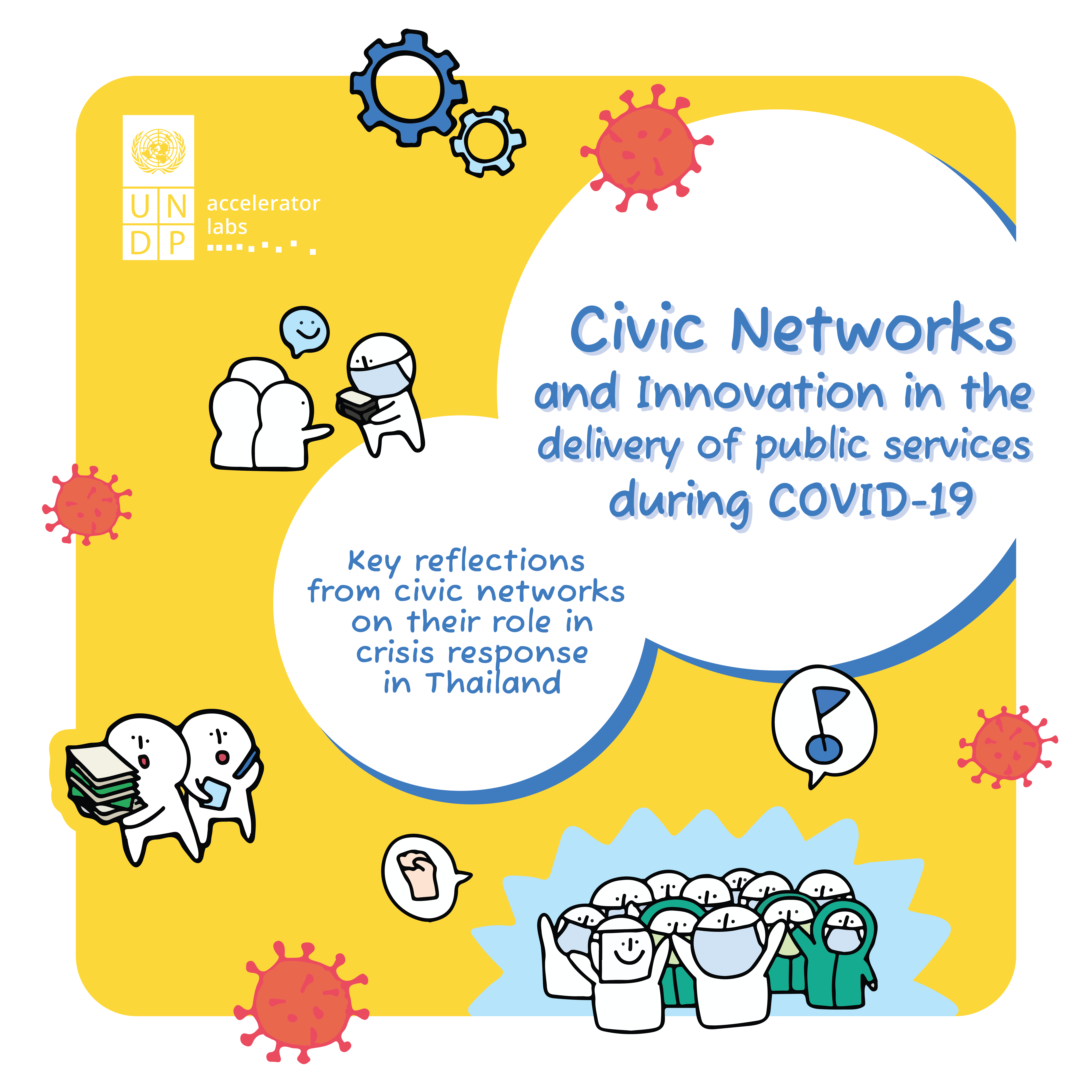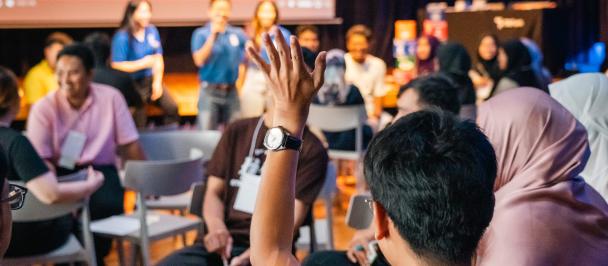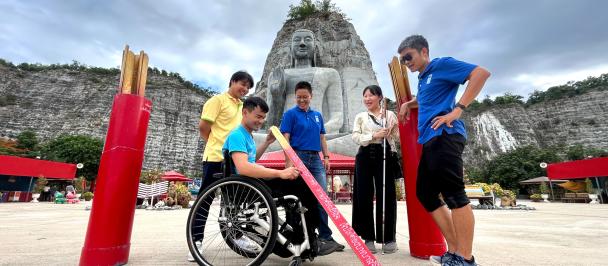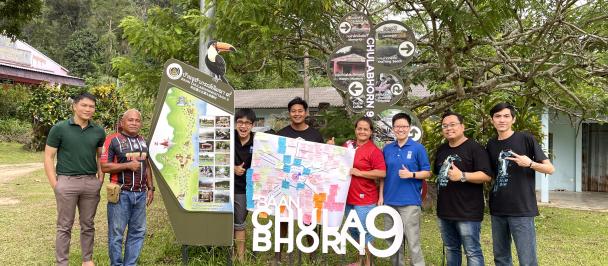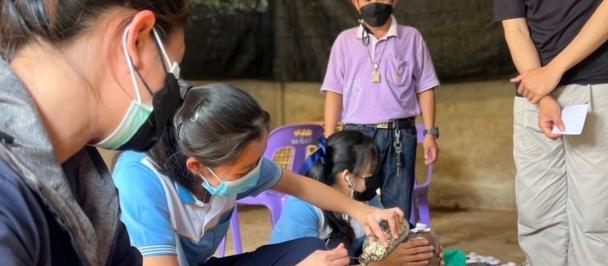Around the world, the outbreak of COVID-19 pandemic has pushed vulnerable groups to become more vulnerable. Thailand is no exception. In 2020, the country’s poverty rate reached 6.4% with an additional 200,000 people falling into poverty (World Bank, 2021) while the homeless population of the country is likely to increase by approximately 30% due to COVID-19 (Ministry of Social Development and Human Security, 2021). The case of COVID-19 response in Thailand has demonstrated the criticality of whole-of-society and whole-of-government approaches in developing social innovation for effective crisis response and recovery. Public services delivery in a business-as-usual manner is no longer sufficient; innovative methods are required to provide assistance in this time of crisis. While the Thai government has launched a series of public health and socio-economic measures to support its citizens, the private sector, academia, and civic networks also play an important role in combatting the pandemic and assisting vulnerable groups throughout the crisis. It truly takes all of us, individuals from all walks of life as well as large institutions from all sectors, to overcome the crisis and move forward stronger.
The UNDP Accelerator Lab Thailand seeks to tap into local innovation and collective intelligence to address today’s complex development challenges and is eager to learn from this crisis and social innovation that stems from it. When considering the innovation landscape in Thailand, the Lab does not only look at technological innovation but also innovative grassroots solutions and social processes that allow our society to overcome challenges. One can argue that the way we work together can be in itself a form of social innovation. Fostering civic engagement and leveraging the expertise and resources of every sector of the society can be our pathway towards a more resilient future. During the past 2 years, we have witnessed an unprecedented level of expansion in the engagement by civic networks and their growing contribution in overcoming the crisis. With an insider perspective of the affected populations, civic networks help to close the gaps by applying innovative and human-centered approaches to public services delivery. They have carried out a wide range of operations from setting up hotlines and providing coordination support for COVID-19 patients, proactive COVID-19 testing, distributing food and supplies for home and community isolation, transporting patients as well as the bodies of the deceased, supporting insurance claim processes, launching economic recovery initiatives and many other initiatives. These are a result of collective efforts by both existing and newborn groups which form an expanding ecosystem of civic movements.
There are many challenges and opportunities on this journey. Unbounded by institutionalized constraints, civic networks are able to work in a more agile and flexible manner, complementing existing public services delivery. However, there are challenges in the area of long-term resource mobilization. Furthermore, civic networks are situated in the broader context of their locality and thus their contributions are determined also by the socio-political set up in the local areas. Mutual trust between local stakeholders and the focus on common good form the very foundation for a fruitful civic engagement. These can be considered both challenges and opportunities. Through the reflections from civic network’s COVID-19 response, we see a tremendous potential which can be unleashed by civic engagement. Like other grassroots innovations, these efforts by ordinary citizens shine the light on real needs of the society and present so many potential solutions despite all the limitations. It is also where social innovation initiatives are forged as actors of diverse expertise join hands to find new ways of tackling social issues. The crisis has shown us the opportunities in public services delivery and the extra layer of social safety net which civic networks can bring, especially with conducive policy frameworks and support from the government.
More importantly, fostering civic engagement drives changes at a deeper level. The engagement does not only create positive impact for the target beneficiaries but also installs the sense of ‘agency’ within the individuals in the civic networks. Instead of waiting for someone to offer help, individuals realize that their action can make a difference, no matter how small; and when we have a collection of small actions, that can become an unstoppable force. This mindset applies to the COVID-19 and crisis response as well as our sustainable development agenda as a whole. After all, sustainable development is about everyone and so it will take collective actions by every single one of us to reach the goals. The journey of civic network’s crisis response is merely a small piece in the bigger picture of the whole-of-society approach and our learning from this case study can help us advance on our path toward the achievement of the Sustainable Development Goals.
Read the full story here.

 Locations
Locations
